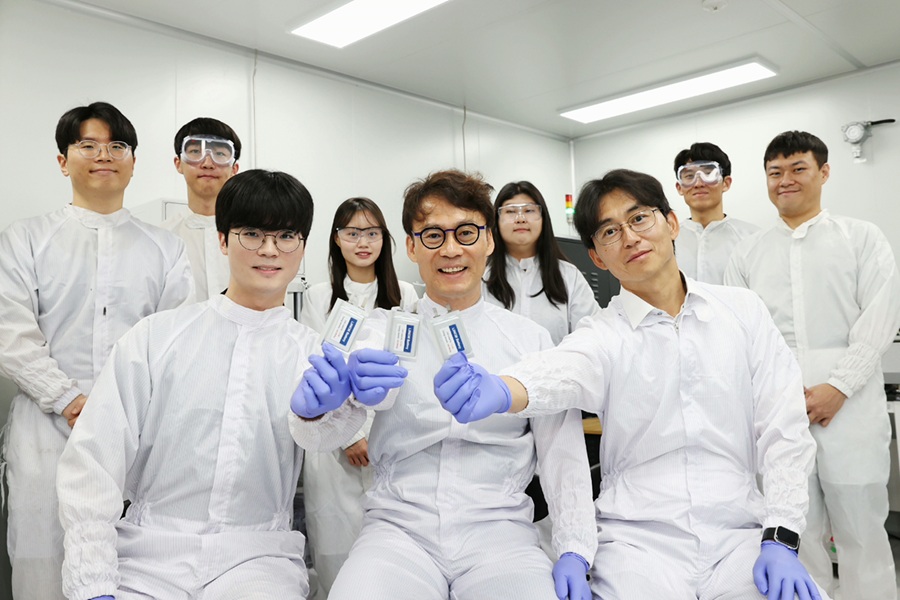A joint research team from the Korea Advanced Institute of Science and Technology (KAIST) and LG Energy Solution said it has developed a new electrolyte that could pave the way for commercial lithium-metal batteries, a technology long seen as a successor to lithium-ion.
The breakthrough, published in the journal Nature Energy, addresses the “dendrite problem,” in which sharp lithium crystals form on the anode surface during charging. These dendrites reduce battery life and raise safety risks, preventing lithium-metal batteries from entering the mainstream despite their higher energy density.
The researchers said they identified the cause of dendrite growth as “non-uniform interfacial cohesion on the surface of the lithium metal.” They then developed a liquid electrolyte with an anion structure designed to reduce cohesion, allowing lithium to deposit smoothly across the anode. “This cohesion-inhibiting electrolyte suppresses dendrite growth even during rapid-charging sessions,” the team said in a statement.
In lab tests, prototype cells using the new electrolyte charged from 5% to 70% in 12 minutes across more than 350 cycles. Simulations suggested energy densities of up to 386 Wh per kilogram, with the potential for an 800-kilometer (500-mile) driving range on a 12-minute charge.
If commercialized, the advance could enable faster-charging, longer-range electric vehicles and strengthen South Korea’s position in the global battery industry. However, scaling up lithium-metal technology for mass production remains a significant challenge for researchers and manufacturers.
Source: KAIST News Center
